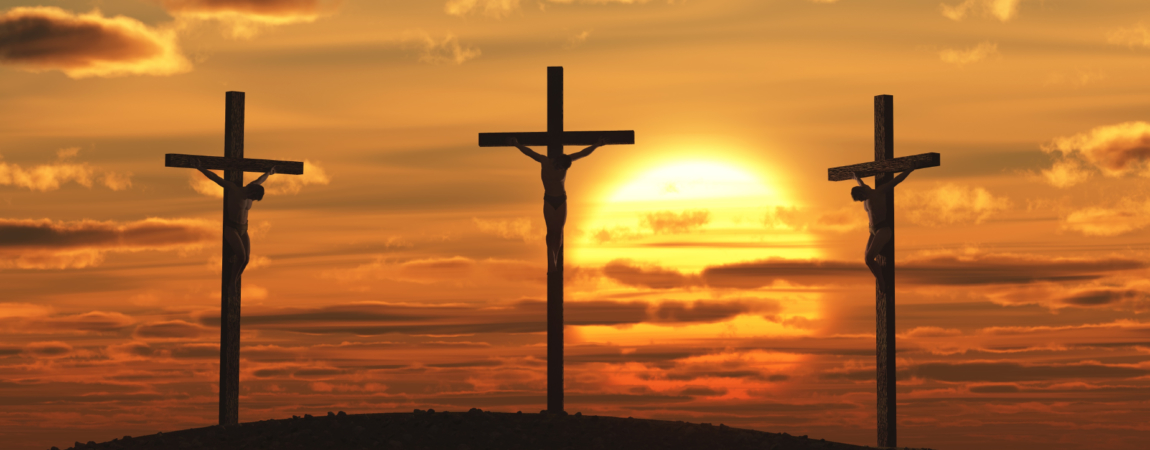Jesus Teachings About the Sabbath
A. Matthew 23:1–4 (focus v.3)
“Then Jesus spoke to the multitudes and to His disciples, saying: ‘The scribes and the Pharisees sit in Moses’ seat.
Therefore whatever they tell you to observe, that observe and do,
but do not do according to their works; for they say, and do not do.
For they bind heavy burdens, hard to bear, and lay them on men’s shoulders…’”
(Matthew 23:1–4)
Note: Do what they teach from Moses (God’s covenant instruction), but do not imitate their added traditions and hypocritical “works.”
B. Mark 9:42–50 ⇄ Isaiah 66:23–24 — Linked comparison
“…to go into hell, into the fire that shall never be quenched —
‘where their worm does not die and the fire is not quenched’.”
(vv. 44, 46, 48)
Emphasis: Messiah lifts Isaiah 66:24 as an urgent warning: do not sin, lest judgment come.
v.23 (just 4 words earlier than v.24):
“And it shall come to pass that from one New Moon to another, and from
one Sabbath to another, all flesh shall come to worship before Me,” says the LORD.
v.24: “And they shall go out and look upon the corpses of the men who have transgressed against Me;
for their worm does not die, and their fire is not quenched…”
Logic for the reader: If Messiah emphatically preaches v.24 as authoritative,
doesn’t He also heed v.23 in the very same breath—just four words prior—which portrays universal worship “from New Moon to New Moon and from one Sabbath to another”?
- Therefore: Jesus’ use of Isaiah 66:24 (judgment) sits inside Isaiah’s vision that also affirms Sabbath worship in the age to come (v.23).
- Teaching connection: The same passage Jesus quotes for warning also frames worship rhythms (including Sabbath) for all flesh.
C. Matthew 24:20 — “Pray that your flight be not… on the Sabbath”
“And pray that your flight may not be in winter or on the Sabbath.”
(Matthew 24:20)
Context: Jesus is prophesying both the coming tribulation and the destruction of Jerusalem (fulfilled in 70 AD), decades after His death and resurrection and after the gospel had reached Gentiles.
Implication: He still expects Sabbath awareness/observance among His followers in those future circumstances.
D. Matthew 5:17–19 — Not to abolish, but to fulfill (G4137 πληρόω)
“Do not think that I have come to abolish the Law or the Prophets;
I have not come to abolish them but to fulfill them.
For truly, I say to you, till heaven and earth pass away, one jot or one tittle will by no means pass from the law till all is fulfilled.
Whoever therefore breaks one of the least of these commandments, and teaches men so, shall be called least in the kingdom of heaven;
but whoever does and teaches them, he shall be called great in the kingdom of heaven.”
(Matthew 5:17–19)
Teaching note: He did NOT come to end the Ten Commandments; He came to fulfill / restore / realize / make full (G4137 — πληρόω, plēroō) and to magnify the covenant at Horeb (cf. Isa 42:21). “Fulfill” includes causing God’s will (as made known in the Law) to be obeyed as it should be and bringing God’s promises (by the Prophets) to realization.

